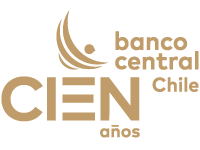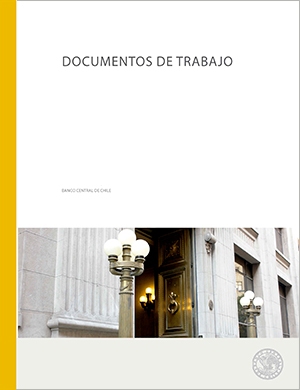Working Papers N°645: Crédito, Exceso de toma de Riesgo, Costo de Crédito y ciclo Económico en Chile
Working Papers N°645: Crédito, Exceso de toma de Riesgo, Costo de Crédito y ciclo Económico en Chile
Publications
Working Papers N°645: Crédito, Exceso de toma de Riesgo, Costo de Crédito y ciclo Económico en Chile
Autor: Carlos J. García , Andrés Sagner
Description
This paper studies the interaction between the business cycle and the credit market. A first result is that the business cycle has procyclical effects on different types of credit (i.e., consumer, commercial and mortgage loans). The results area obtained through the identification of structural shocks of VAR models that empirically replicate the standard transmission mechanism of monetary policy that has been found in previous work on the Chilean economy. However, our evidence points to new results. Periods of economic expansion trigger in the medium term, first, an increase in non– performing loans, and then, a decline in credit. We interpret this phenomenon as excessive risktaking. Similarly, periods of economic contraction and high interest rates are followed by a drop in non–performing loans in the medium term and then by a credit expansion. Finally, unexpected increases in non–performing loans can also produce contractionary effects, a rise in inflation by increasing credit risk and financial costs for firms.
Working Papers N°645: Crédito, Exceso de toma de Riesgo, Costo de Crédito y ciclo Económico en Chile
Boxes and graphics

